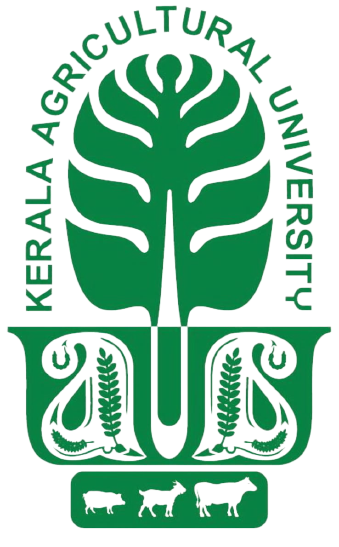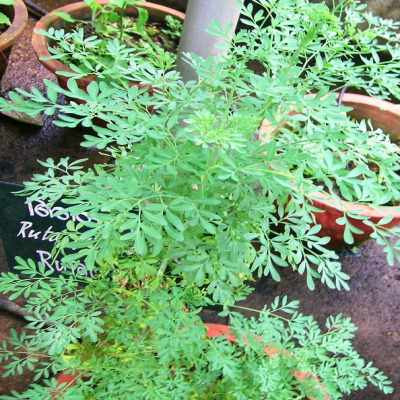Ruta chalepensis L.
Synonyms : Ruta graveolens L. var. angustifolia Hook.f.
Family : Rutaceae
Parts Used : Oil , Whole plant
Vernacular Names :-
| English | : | Garden rue |
| Malayalam | : | Arootha |
| Hindi | : | Pismaram, Sadab |
| Sanskrit | : | Gucchapatra |
| Bengali | : | Ermul |
| Gujarathi | : | Satapa |
| Kannada | : | Sadabu |
| Tamil | : | Aruvadam |
| Telungu | : | Sadapa |
Distribution and habitat: Native of South Europe and it is found in subtropical countries. Commonly cultivated in Indian gardens.
Botany: An aromatic evergreen perennial herb up to 75 cm high.
- Leaves : Compound, shortly petiolate, ultimate segments oblong or obovate-oblong.
- Flowers: Yellow, in divaricately spreading corymbs. Sepals triangular and acute. Petals oblong-obovate, pectinate, abruptly clawed.
- Fruits : Capsules, shortly pedicelled.
Chemical constituents:
- Roots contain coumarins-xanthyletin. The alkaloids are rutacridone-epoxide, gravacridonol and its monomethyl ether, gravacridonchlorine, furacridone and skimmianine.
- Aerial parts give coumarins bergapten, xanthotoxin and psoralen.
- Herb contains alkaloids such as kokusagenine, rutamine (methylgraveoline) and graveoline.
- The essential oil from leaves, stem and root yielded aliphatic ketones including 2-nonanone, undecyl-2-acetate, 2-nonyl acetate, nonylacetate, nonanol, 2-nonylpropionate, 2-undecanol and its esters. The oil from roots gives pregeijerene.
Uses:
- Known as Herb of Grace due to its service in the Roman Catholic Church for sprinkling the holy water among the congregation.
- Vitiated conditions of kapha and vata, strangury, fever, flatulence, colic, amenorrhoea, epilepsy and hysteria.
- Oil acts as a stimulant for uterine and nervous systems.
- Fresh leaves are used for rheumatalgia.
- Juice obtained from the leaves is given to children for helminthic infections and is good for odontalgia and otalgia.
- Dried leaves, powdered and combined with aromatics, are given as a remedy for dyspepsia and with the fresh leaves a tincture is made which is used as an external remedy in the first stages of paralysis.
Agro technology
Climate and soil: The plant is suited to areas which are about 1000 m above mean sea level and with moderate rainfall and sunlight.
Propagation: By seeds or stem cuttings. Stem cuttings of length 20-25 cm are to be planted in polybags for rooting. About 3-4 months old seedlings can be transplanted at a spacing of 45 cm and harvested when plants attain 6-8 months age.
Harvesting: From sixth month onwards.

